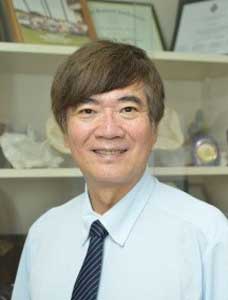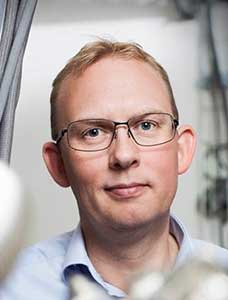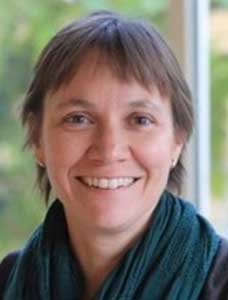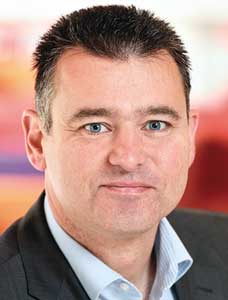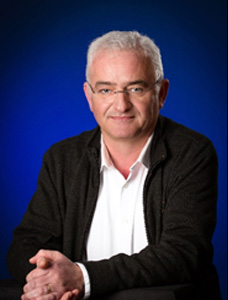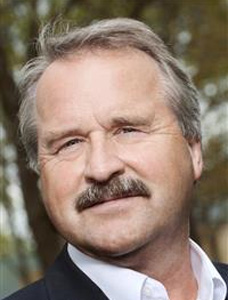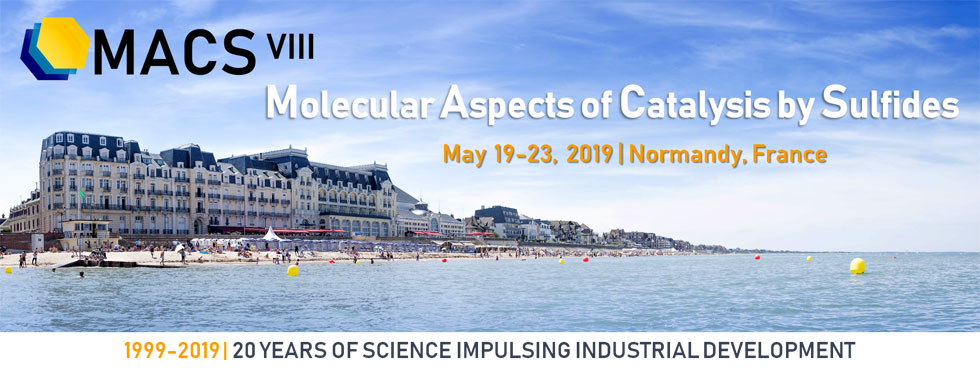
|
|
|
Confirmed Plenary Speakers
Ted Oyama (Tokyo University, Japan): The Role of Spectroscopically Observed Species in Reaction Mechanisms: Analysis of Coverage Transients (ACT). S. Ted Oyama is a Professor in the Chemical Systems Engineering Dept. at the University of Tokyo and holds a part-time position in the Chemical Engineering Dept. at Virginia Tech. His research interests are in the areas of catalytic fuel processing, biomass conversion, steam reforming, gas separation membranes, and membrane reactors. He earned his bachelor’s degree in chemistry and chemical engineering at Yale University in 1976 and his doctorate in chemical engineering at Stanford University in 1981. He is a recipient a 2009 Humboldt Senior Researcher Prize, the 2009 Philadelphia Catalysis Society Award, 2012 Fellow of the American Chemical Society (ACS), the 2014 ACS Distinguished Researcher Award, and the 2014 ACS Storch Award. He served as 2009 Chair of the Division of Petroleum Chemistry of the American Chemical Society, and currently is editor of the Journal of Catalysis, on of the highest-ranked chemical engineering journal. His contributions to education were recognized by several awards in the US and the Best Teaching Award from the University of Tokyo in 2013. He has published over 220 refereed papers, 7 edited books, and 1 monograph.
Jeppe Lauritsen (Aarhus University, Danemark): STM characterizations of HDT catalysts Associate professor Jeppe V. Lauritsen joined the Interdisciplinary Nanoscience Center in 2005. Before this he achieved the PhD degree in Physics at Aarhus University. He is heading the nanocatalysis and surface science group at Aarhus University, which aims to investigate fundamental properties of nanomaterials that are relevant for heterogeneous catalysis. The group is part of the strong activities at iNANO within scanning probe microscopy.
Pauline Galliou (Eurecat, France): Supporting a Sustainable Catalyst Cycle Pauline Galliou is R&D manager for Eurecat Europe. She holds an engineering degree from CPE Lyon and a PhD from the University of Lyon. Pauline has worked in Eurecat’s R&D department since 2003, covering numerous projects involving catalyst regeneration, rejuvenation, activation, characterization and managing innovation. She works closely with all Eurecat’s R&D and manufacturing locations worldwide.
Emiel J.M. Hensen (Eindhoven University of Technology, The Netherland): Novel uses of transition metal sulfides in a carbon-constrained world Emiel Hensen received his PhD degree from Eindhoven University of Technology with Professor Rutger van Santen in 2000 on the topic of mechanism of heterogeneous catalysis. After a short stint with Berend Smit at the University of Amsterdam, he became an assistant professor at Eindhoven University of Technology. He was promoted to associate professor in 2008. From 2006-2008 he was a visiting research scientist at the Shell Research and Technology Center Amsterdam. Since 2009, he is full professor inorganic materials chemistry at Eindhoven University of Technology. He was a visiting professor at Katholieke Universiteit Leuven (Belgium) from 2001 until 2016, a visiting professor at Hokkaido University (Japan) in 2016 and foreign expert at Xiamen University and Jilin University (China). Hensen is the author of 365 publications in peer-reviewed scientific journals (h-index 51), 2 patents, several articles in national journals and 10 book contributions. He obtained the prestigious Veni, Vidi and Vici grants as well as a TOP grant from the Netherlands Organisation for Scientific Research. Hensen is chairman of the Netherlands Research School for Catalysis (NIOK), member of the management team of the national gravitation program Multiscale Catalytic Energy Conversion (MCEC), board member of the European Research Institute of Catalysis (ERIC) and board member of the Chemelot InSciTe consortium. He is member of the Advanced Research Center Chemical Building Blocks Consortium. Since 2016, Hensen is Dean of the Department of Chemical Engineering and Chemistry of the Eindhoven University of Technology.
Georges Frémy (Arkéma, France) : High-value and platforms sulfur molecules synthesis : non-catalytic and catalytic processes Georges Frémy obtained a doctorate in chemistry in 1996 from the University of Science and Technology of Lille (USTL, France). At the end of the thesis financed by the company Elf-Atochem (Arkema) he was recruited as head of the "Catalytic Processes and Thiochemistry" laboratory at the Lacq Research Group (GRL/Arkema). In 2010, he was appointed Sulphur Chemistry Expert and since 2018 has been Scientific Advisor for Arkema's Thiochemicals Business Unit. He is particularly involved in the chemistry of organosulphur compounds produced by all types of catalysis, homogeneous, heterogeneous, enzymatic and photochemistry.
Ib Chorkendorff (RENCAT APS, HPNOW APS and Spectroinlets APS, Denmark) : Sulfides for HDS and HER: Various aspects of a multipurpose catalysts. Ib Chorkendorff is Professor in Heterogeneous Catalysis at DTU-Physics(DK). He earned his PhD in 1985 Odense University Denmark, and after a post-doc at University of Pittsburgh, USA, he was employed in 1987 at DTU. From 2005-2016 director of Danish National Research Foundation Center for Individual Nanoparticle Functionality (CINF) and from 2016 he has been director of The Villum Center for the Science of Sustainable Fuels and Chemicals (V-SUSTAIN). He has author or coauthored more than 320 scientific papers,17 patents and one textbook “Concepts of Modern Catalysis and Kinetics”. Ib Chorkendorff’s research activities focus on finding new catalysts for improving energy production/conversion and for environmental protection. He is co-founder of three start-up companies RENCAT APS, HPNOW APS and Spectroinlets APS. |
